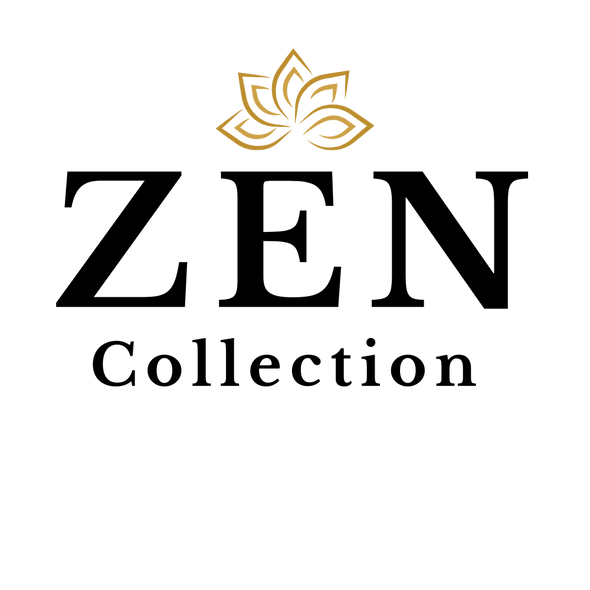
Tarot vs. Oracle: Which Cards Are Right for You?
Tarot vs Oracle Cards – A big confusion all the time. Let’s address it in this 2 minutes read. In the enchanting realm of divination and intuitive guidance, Tarot and Oracle cards have long held the power to illuminate the hidden corners of our lives and reveal profound insights. However, these two distinct card systems, often used for similar purposes, are like different languages spoken in the same universe.
In this article, we’ll delve into the fascinating world of Tarot and Oracle cards, explore their differences, and understand the unique role each plays in the mystical landscape of personal discovery.
The Essence of Tarot
History and Tradition: The Tarot, with its roots dating back to the 15th century, is a system steeped in tradition and history. Originally designed as a card game, it transformed into a powerful tool for divination and personal insight.
Structure: A traditional Tarot deck consists of 78 cards divided into two main categories: the Major Arcana and the Minor Arcana. The Major Arcana consists of 22 cards, each with a unique, archetypal symbolism, while the Minor Arcana comprises 56 cards categorized into four suits—Wands, Cups, Swords, and Pentacles.
Symbolism and Interpretation: Tarot cards are rich in symbolism, and each card’s imagery and numerology convey deep meanings. Tarot readers draw on their knowledge of these symbols to interpret the cards and provide insights into a seeker’s questions or life circumstances. [Wiki: Read Tarot Cards]
The Role of Oracle Cards
History and Flexibility: Oracle cards, in contrast, have a more recent history and a more flexible structure. They are not bound by tradition in the same way as Tarot cards. Oracle card decks are created for various themes, such as angels, animals, chakras, and more, making them versatile tools for various purposes.
Structure: Oracle card decks can vary significantly in terms of size and the number of cards. While some decks contain as few as 30 cards, others may have over a hundred. The cards typically feature inspiring images, affirmations, and intuitive messages.
Intuition and Inspiration: Oracle cards rely heavily on the intuitive abilities of the reader. Unlike Tarot, there is no universally standardized system for interpreting Oracle cards. Readers are encouraged to rely on their intuition, feelings, and the messages conveyed by the imagery and words on the cards. [Wiki: Read Oracle Cards]
Key Differences: Tarot vs. Oracle Cards
1. Structure and Tradition:
- Tarot: The Tarot adheres to a structured system with a long history and established symbolism.
- Oracle Cards: Oracle cards are diverse and flexible, with no standardized structure or tradition.
2. Symbolism:
- Tarot: Tarot cards are steeped in symbolism and require an in-depth understanding of these symbols.
- Oracle Cards: Oracle cards are often more straightforward in their imagery and messages, making them accessible to a wider audience.
3. Interpretation:
- Tarot: Interpretation of Tarot cards follows a more established set of guidelines and practices.
- Oracle Cards: Interpretation of Oracle cards is more intuitive and relies on the reader’s unique insights and feelings.
4. Versatility:
- Tarot: While versatile, Tarot cards are typically associated with divination and are used for a wide range of questions.
- Oracle Cards: Oracle cards are highly versatile, serving various purposes, including personal growth, inspiration, and affirmation.
Choosing the Right Deck for You
Selecting between Tarot and Oracle cards ultimately depends on your personal preferences and goals. Here are some considerations to help you decide:
Choose Tarot If:
- You appreciate tradition and enjoy learning structured systems.
- You are drawn to the rich symbolism and archetypal depth of Tarot cards.
- You want a versatile tool that can address a wide range of life questions and situations.
- You are willing to invest time and effort in studying the Tarot’s complex symbolism and meanings.
Choose Oracle Cards If:
- You prefer intuitive, free-form readings that rely on your feelings and interpretations.
- You are looking for inspiration, personal growth, or daily guidance.
- You resonate with the specific theme or imagery of an Oracle card deck, such as angels, fairies, animals, or chakras.
- You want a user-friendly and approachable divination tool that doesn’t require extensive study.
In Conclusion: Balancing Tradition and Intuition
Both Tarot and Oracle cards are powerful tools for gaining insight and guidance, each offering a unique approach to divination and self-discovery. Tarot provides a structured, symbolic system with a rich history, while Oracle cards are more flexible and intuitive, often focused on inspiration and affirmation. The key is to find the cards that resonate with your spirit and connect with your intuition.
Whether you choose Tarot, Oracle cards, or both, the mystical world of divination is an ever-expanding landscape of self-discovery and personal growth. Embrace the cards that speak to your heart, and let them be your guides on the wondrous journey of life.
Join the Zen Inner Circle for Ongoing Insights
If you are eager to explore the world of Tarot and Oracle cards further, consider joining our Zen Inner Circle. As a member, you will receive exclusive content, guidance, and early access to Zen Collection products, including a diverse range of Tarot and Oracle card decks. Discover how these mystical tools can illuminate your path and deepen your connection to your inner wisdom.
The universe unfolds its secrets through the cards. May your journey be filled with wonder, insight, and profound self-discovery.
